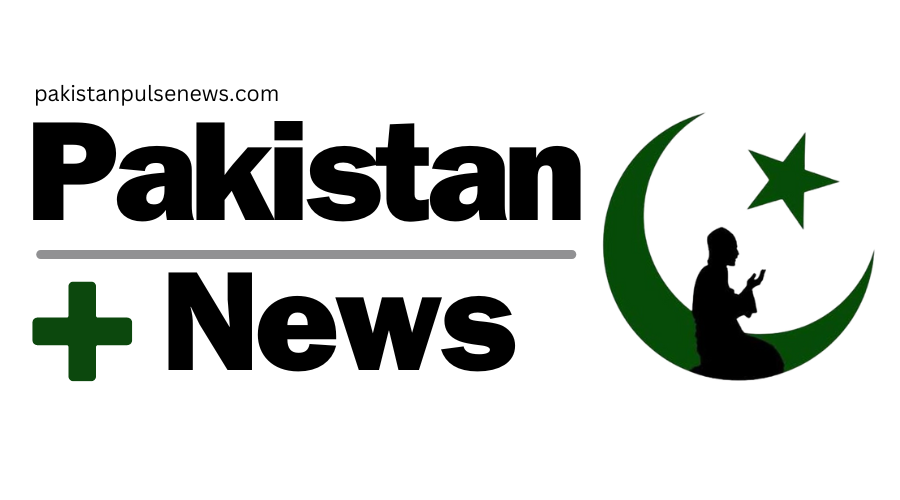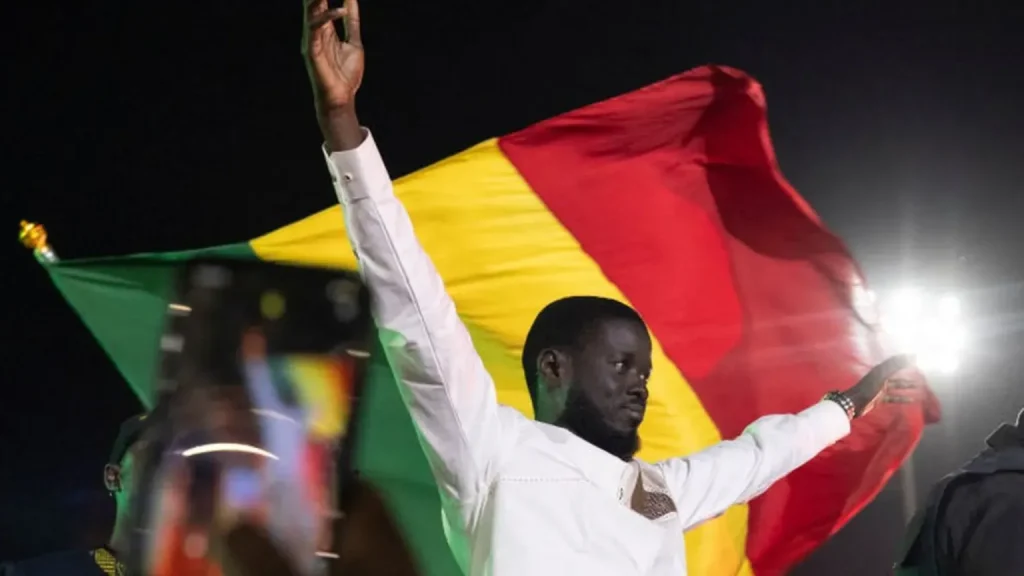DAKAR, Senegal (TAE)-In an extraordinary twist of fate, Bassirou Diomaye Faye, a name that was scarcely known beyond the circles of Senegalese politics a year ago, is now poised to become the President of Senegal. This development marks the culmination of a rollercoaster period in the nation’s political history, surprising many observers and shaking the foundations of the established political order.
Faye, affectionately known as Mr. Clean, finds himself at the helm following months of incarceration with his ally and political kingmaker, Ousmane Sonko. Their unexpected release from jail, just a week before the presidential elections, paved the way for Faye’s momentous ascent to power.
As he prepares to assume office, Faye is tasked with implementing the comprehensive reforms he has promised to the Senegalese people. Described as “methodical” and “modest,” Faye is a former tax collector whose 44th birthday coincides with his political zenith. He reminisces about his humble beginnings in Ndiaganiao, a rural setting where he still spends his Sundays working the land, a testament to his grounded nature and connection to his roots.
Faye’s ascension is seen as a direct challenge to Senegal’s entrenched elites and a political establishment that has long been criticized for its disconnect from the populace. His background as a non-ministerial figure raises questions about his experience, yet it also positions him as a fresh face untainted by the failures attributed to Senegal’s ruling class since independence in 1960.
Central to Faye’s agenda are the fights against poverty, injustice, and corruption, issues he began addressing during his tenure at the Treasury through the creation of a union taskforce alongside Sonko. His pledge to renegotiate gas, oil, fishing, and defense deals to better serve the interests of the Senegalese people underscores a broader vision for national sovereignty and a break from dependency on former colonial powers, notably through the proposed abandonment of the CFA franc in favor of a new regional currency.
However, the road ahead is fraught with challenges. Faye’s ambitious plans will be tested against the realities of governance, including budgetary constraints and the intricacies of international diplomacy. Strengthening judicial independence and addressing the unemployment crisis among Senegal’s youth are also high on his priority list, with former political figures and opponents recognizing the urgency of these issues.
Faye’s narrative is interwoven with that of Ousmane Sonko, with whom he shares a deep political and personal bond. Their partnership suggests the potential for a new style of leadership, departing from the hyper-presidential model that has dominated Senegalese politics. This dynamic duo, born out of mutual respect and shared ideals, offers a glimpse into a possible future where leadership is more collaborative and grounded in integrity.
The reaction to Faye’s imminent presidency has been mixed, with jubilant celebrations in the streets of Dakar contrasted by apprehension in international markets, signaling concerns over the potential shift in the country’s business policies. Yet, the peaceful conduct of the elections and the citizens’ commitment to democratic participation have been lauded as signs of Senegal’s resilience and capacity for self-correction.
As Bassirou Diomaye Faye steps into the limelight, the true test of his leadership begins. With the support of a nation yearning for change and the backing of influential political figures, Faye’s presidency holds the promise of a new chapter for Senegal, one characterized by transparency, equity, and a renewed sense of national pride. The world watches as Senegal embarks on this journey under Faye’s stewardship, hopeful for a future that honors the aspirations of its people.


